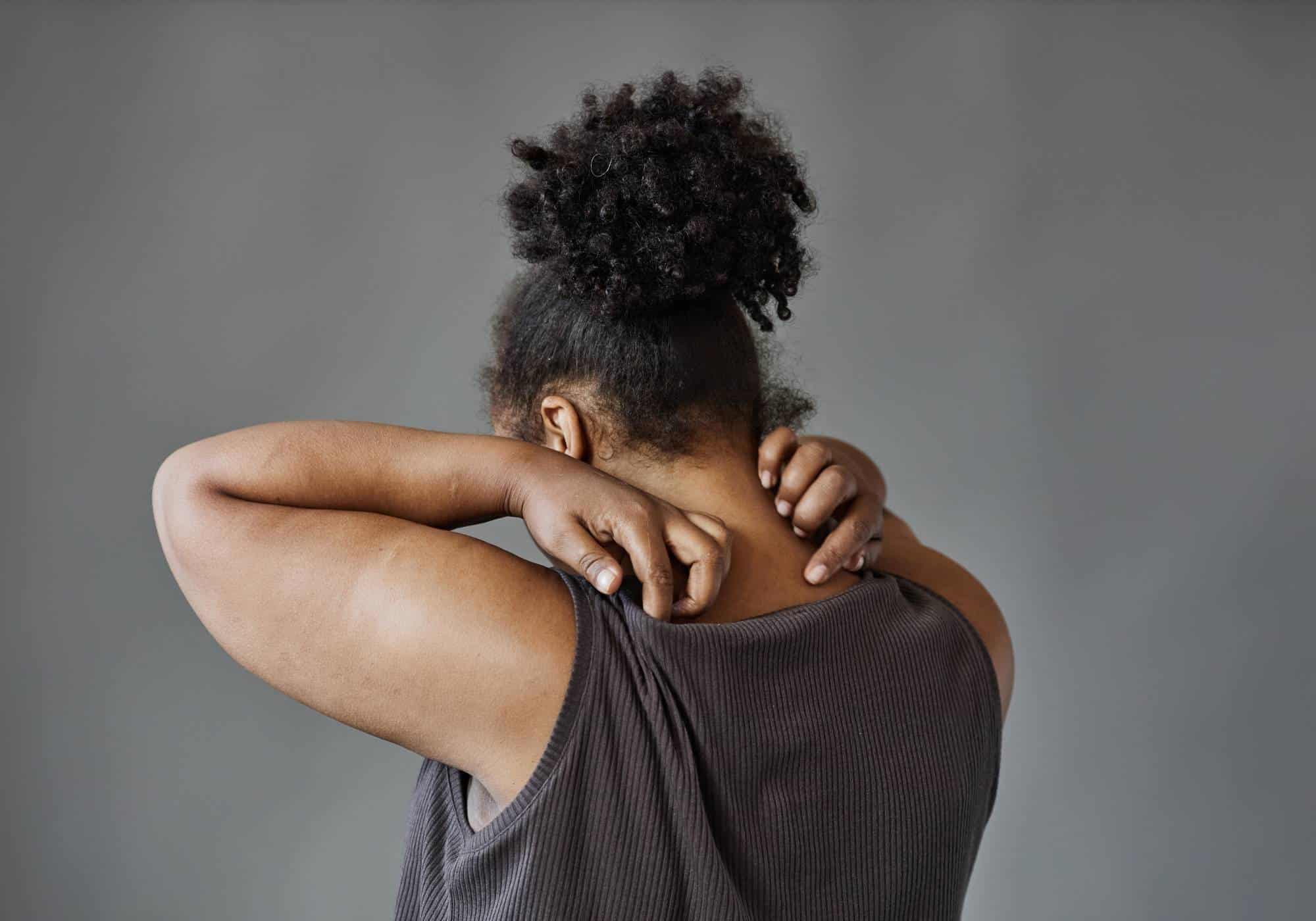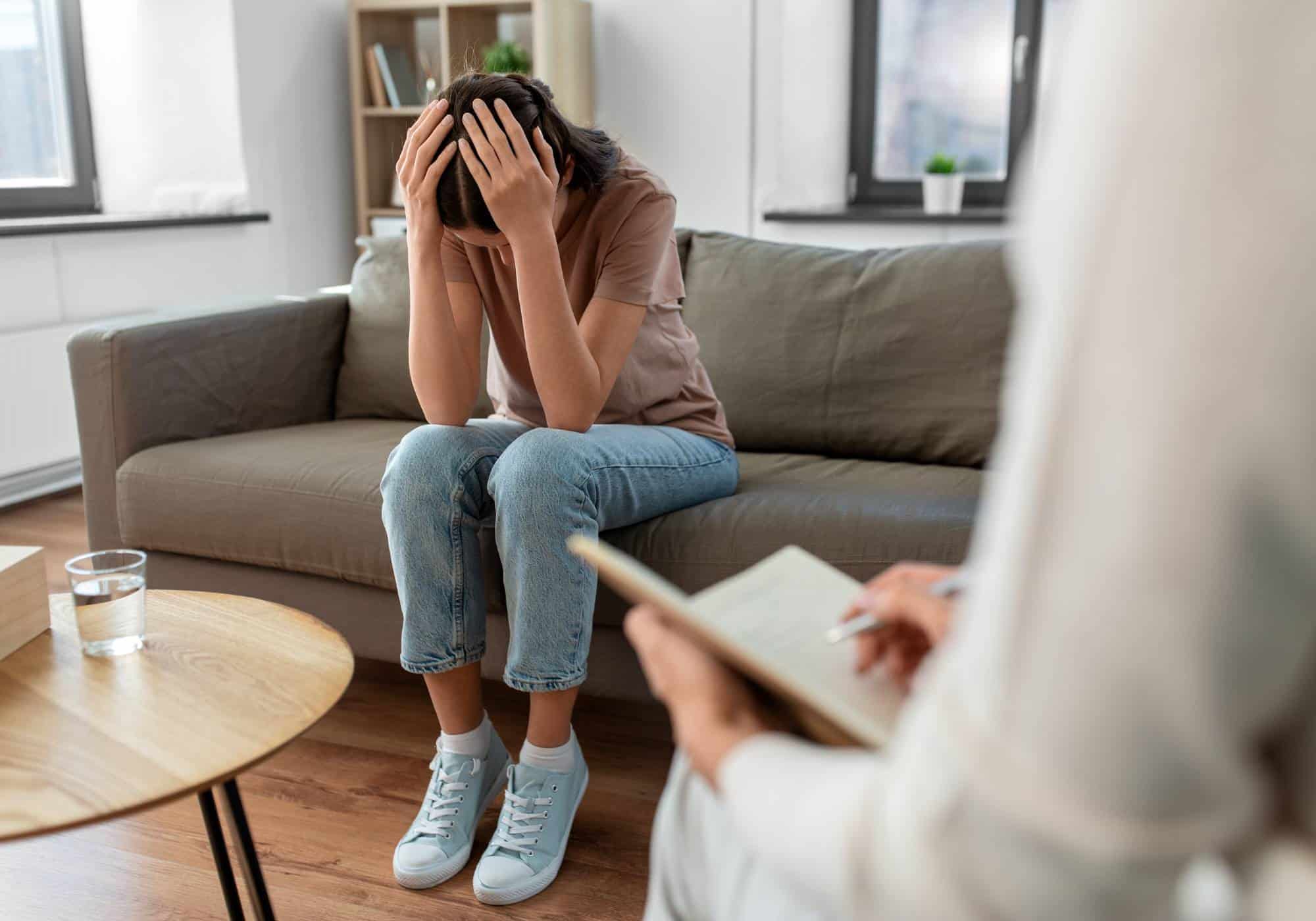Anxiety disorders are among the most prevalent mental health conditions, impacting millions of individuals globally. These disorders can significantly interfere with daily life, relationships, and overall well-being. However, Cognitive Behavioral Therapy (CBT) offers a promising and effective treatment option for managing and overcoming anxiety disorders. At Hooked on Hope Mental Health, we are committed to providing compassionate and evidence-based CBT services to help individuals regain control over their lives. This comprehensive guide explores what CBT is, its effectiveness for anxiety disorders, its benefits, how it works, the techniques used, who can benefit, and what to expect during therapy sessions.
What is Cognitive Behavioral Therapy?
Cognitive Behavioral Therapy (CBT) is a structured, time-limited form of psychotherapy that focuses on identifying and modifying negative thought patterns and behaviors. Rooted in the understanding that our thoughts, emotions, and actions are interconnected, CBT aims to break the cycle of negativity that contributes to mental health issues. Unlike some other forms of therapy that delve deeply into past experiences, CBT is primarily present-focused, emphasizing current problems and practical solutions.
Core Principles of CBT
CBT operates on several core principles that guide the therapeutic process:
- Cognitive Restructuring: This involves identifying and challenging distorted or unhelpful thoughts, replacing them with more realistic and positive ones.
- Behavioral Activation: Encouraging engagement in positive activities to improve mood and reduce avoidance behaviors.
- Skills Training: Teaching practical skills to manage stress, anxiety, and other emotional challenges.
- Problem-Solving: Developing effective strategies to address and overcome life’s obstacles.
CBT is typically short-term, lasting anywhere from a few weeks to several months, making it a practical and accessible option for many individuals seeking mental health support.
Does CBT Work for People with Anxiety Disorders?
Absolutely. CBT is highly effective for individuals with anxiety disorders, including generalized anxiety disorder (GAD), panic disorder, social anxiety disorder, and specific phobias. Extensive research and clinical practice have consistently demonstrated CBT’s ability to reduce symptoms of anxiety and improve overall functioning. Anxiety disorders respond well to CBT due to its focus on altering the thought and behavior patterns that sustain anxiety.
Numerous studies have validated the efficacy of CBT in treating anxiety disorders:
- Symptom Reduction: Research shows that CBT can significantly reduce the frequency and intensity of anxiety symptoms.
- Long-Term Benefits: Individuals who undergo CBT often experience lasting improvements, with a reduced risk of relapse compared to those who do not receive therapy.
- Enhanced Coping Skills: CBT equips individuals with practical tools to manage anxiety, leading to improved resilience and emotional regulation.
At Hooked on Hope Mental Health, our CBT programs are tailored to meet the unique needs of each client, ensuring personalized and effective treatment for anxiety disorders.
What are the Benefits of CBT for Anxiety Disorders?
CBT offers numerous benefits for individuals struggling with anxiety disorders, making it a preferred choice for many seeking mental health treatment.
CBT provides a comprehensive approach to managing anxiety, benefits of CBT for Anxiety Disorders include:
- Effective Symptom Management: CBT helps reduce anxiety symptoms, such as excessive worry, panic attacks, and social fears.
- Skill Development: Clients learn practical skills to manage stress, challenge negative thoughts, and change unhelpful behaviors.
- Empowerment: CBT empowers individuals to take control of their anxiety by teaching them how to alter their thinking and behavior patterns.
- Structured Approach: The structured nature of CBT provides clear goals and measurable outcomes, facilitating progress tracking.
- Adaptability: CBT can be adapted to individual needs, making it suitable for a wide range of anxiety disorders and varying levels of severity.
- Combination with Other Treatments: CBT can be effectively combined with medication and other therapeutic approaches for a comprehensive treatment plan.
These benefits make CBT a comprehensive and versatile treatment option for those seeking to overcome anxiety and improve their quality of life.
How Does CBT Work?
CBT operates on the principle that our thoughts influence our emotions and behaviors. By changing negative or distorted thinking patterns, individuals can experience changes in their feelings and actions, leading to improved mental health.
The CBT process is structured and collaborative, involving several key steps:
- Assessment: The therapist conducts a thorough evaluation to understand the individual’s symptoms, challenges, and treatment goals.
- Goal Setting: Together, the therapist and client establish clear, achievable objectives for therapy.
- Identifying Negative Thoughts: The client learns to recognize and document negative or distorted thoughts that contribute to their anxiety.
- Challenging Cognitive Distortions: The therapist guides the client in questioning the validity of these thoughts and considering alternative perspectives.
- Behavioral Interventions: The client engages in activities designed to reinforce positive behaviors and reduce avoidance.
- Skill Development: Techniques such as relaxation training, stress management, and social skills training are introduced to enhance coping strategies.
- Evaluation and Adjustment: Progress is regularly reviewed, and therapy techniques are adjusted as needed to ensure continued improvement.
Through this structured approach, CBT empowers individuals to take an active role in their recovery, fostering self-awareness and resilience.

How is CBT Used to Treat Anxiety Disorders?
CBT is a versatile therapy that can be tailored to address the specific symptoms and challenges associated with different anxiety disorders. Whether dealing with generalized anxiety, panic attacks, social fears, or phobias, CBT provides targeted strategies to manage and overcome these conditions.
CBT employs various techniques to address the unique aspects of anxiety disorders:
- Exposure Therapy: Gradually and safely exposing individuals to feared situations or objects to reduce anxiety and avoidance behaviors.
- Cognitive Restructuring: Identifying and challenging irrational or unhelpful thoughts that contribute to anxiety.
- Relaxation Techniques: Teaching methods such as deep breathing, progressive muscle relaxation, and mindfulness to reduce physical symptoms of anxiety.
- Behavioral Activation: Encouraging engagement in positive and rewarding activities to counteract avoidance behaviors.
- Social Skills Training: Enhancing communication and interpersonal skills to reduce social anxiety and improve relationships.
- Stress Management: Developing effective strategies to handle stressors that may trigger anxiety episodes.
At Hooked on Hope Mental Health, CBT is often integrated into a comprehensive treatment plan that may include medication management, support groups, and other therapeutic modalities. This holistic approach ensures that all aspects of an individual’s mental health are addressed, promoting a more stable and fulfilling life.
Examples of Techniques Used
CBT employs a variety of techniques to help individuals manage their anxiety and improve their quality of life.
Here are some common techniques used in CBT for anxiety disorders:
Thought Records
Thought records involve documenting negative or distorted thoughts and evaluating their accuracy. This helps individuals become more aware of their thought patterns and challenge irrational beliefs.
Behavioral Experiments
These are structured activities designed to test the validity of negative thoughts. For example, if someone believes that they will embarrass themselves in social situations, a behavioral experiment might involve attending a social event to challenge this belief.
Relaxation Training
Relaxation techniques such as deep breathing, progressive muscle relaxation, and guided imagery help individuals manage physical symptoms of anxiety and reduce overall stress levels.
Exposure Therapy
Gradual and controlled exposure to feared situations or objects helps desensitize individuals to their triggers, reducing avoidance behaviors and anxiety responses over time.
Cognitive Restructuring
This technique involves identifying and challenging irrational or maladaptive thoughts, replacing them with more balanced and realistic ones to reduce anxiety.
Mindfulness and Meditation
Mindfulness practices help individuals stay present and focused, reducing rumination and promoting a sense of calm and control over anxiety.
Problem-Solving Skills
Teaching effective problem-solving strategies empowers individuals to tackle everyday challenges more effectively, reducing feelings of overwhelm and anxiety.
Social Skills Training
Enhancing communication and interpersonal skills through role-playing and other interactive methods helps individuals feel more confident and less anxious in social interactions.
By utilizing these techniques, CBT provides individuals with the tools they need to manage their anxiety, improve their functioning, and enhance their overall well-being.
Who Can Benefit from This Type of Therapy?
CBT for anxiety disorders is beneficial for a wide range of individuals experiencing varying levels of anxiety. Those who can benefit the most include:
Individuals with Specific Anxiety Disorders
CBT is particularly effective for individuals diagnosed with specific anxiety disorders, including:
- Generalized Anxiety Disorder (GAD): Persistent and excessive worry about various aspects of life.
- Panic Disorder: Recurrent and unexpected panic attacks and fear of future attacks.
- Social Anxiety Disorder: Intense fear of social situations and being judged by others.
- Specific Phobias: Irrational fear of specific objects or situations, such as heights or spiders.
Individuals with Co-Occurring Disorders
Many individuals with anxiety disorders also struggle with other mental health conditions such as depression, substance abuse, or post-traumatic stress disorder (PTSD). CBT can address these co-occurring disorders, providing a more comprehensive approach to treatment.
Loved Ones and Caregivers
CBT techniques can also be adapted to support the loved ones and caregivers of individuals with anxiety disorders. This can help them better understand the condition, improve communication, and develop strategies to support their loved one’s recovery.
Individuals Seeking Improved Quality of Life
Beyond symptom management, CBT helps individuals enhance their overall quality of life by developing healthier coping mechanisms, improving relationships, and fostering a sense of purpose and accomplishment.
At Hooked on Hope Mental Health, our CBT programs are tailored to meet the unique needs of each individual, ensuring that everyone receives the support and tools they need to thrive.
What Can You Expect in CBT for Anxiety Disorders?
Engaging in CBT at Hooked on Hope Mental Health involves a structured and collaborative process designed to foster personal growth and recovery.
Here’s what you can expect during your CBT journey:
Initial Assessment
The first step in CBT is a comprehensive assessment conducted by a trained therapist. This involves discussing your history, current symptoms, and treatment goals. The therapist will work with you
to develop a personalized treatment plan tailored to your specific needs.
Collaborative Goal Setting
CBT is a collaborative process. Together with your therapist, you will set clear, achievable goals for your therapy. These goals provide a roadmap for your recovery, ensuring that you stay focused and motivated throughout the process.
Structured Sessions
CBT sessions are typically structured and time-limited, focusing on specific issues and goals. Each session builds on the previous one, ensuring continuous progress and reinforcing the skills you are developing.
Homework Assignments
To reinforce the skills learned in therapy, you may be given homework assignments. These assignments can include journaling, practicing relaxation techniques, or engaging in behavioral experiments. Homework helps you apply what you’ve learned in therapy to real-life situations, promoting lasting change.
Skill Development
Throughout your CBT journey, you will develop a variety of skills to manage your anxiety and improve your functioning. These skills include cognitive restructuring, problem-solving, stress management, and social skills training.
Regular Progress Reviews
Your therapist will regularly review your progress, adjusting the treatment plan as needed to ensure that you are making steady progress toward your goals. This ongoing evaluation helps maintain the effectiveness of therapy and keeps you motivated.
Supportive Environment
CBT at Hooked on Hope Mental Health is conducted in a supportive and nonjudgmental environment. Your therapist is there to guide you, provide feedback, and offer encouragement, helping you feel safe and understood as you work through your challenges.
Long-Term Strategies
CBT equips you with long-term strategies to maintain your progress and prevent relapse. By developing healthy coping mechanisms and enhancing your self-awareness, you can sustain the improvements achieved during therapy.
Holistic Approach
At Hooked on Hope Mental Health, CBT is integrated into a holistic treatment plan that may include medication management, support groups, and other therapeutic modalities. This comprehensive approach ensures that all aspects of your mental health are addressed, promoting overall well-being and resilience.

The Role of Cognitive Behavioral Therapy in Mental Health Treatment
Cognitive Behavioral Therapy is not only effective for anxiety disorders but also plays a significant role in treating a variety of other mental health conditions. Its versatility makes it a cornerstone in modern psychotherapy, providing a structured and evidence-based approach to mental health treatment.
Treating Co-Occurring Disorders
Many individuals with anxiety disorders also experience other mental health issues, such as depression, obsessive-compulsive disorder (OCD), or substance abuse. CBT can be tailored to address these co-occurring disorders, offering a comprehensive treatment plan that targets multiple areas of mental health simultaneously.
Enhancing Overall Well-Being
CBT goes beyond merely alleviating symptoms. It aims to enhance overall well-being by fostering personal growth, improving self-esteem, and promoting a more positive outlook on life. Through CBT, individuals learn to recognize their strengths, build resilience, and develop a greater sense of control over their lives.
Preventing Relapse
One of the key strengths of CBT is its focus on relapse prevention. By equipping individuals with the skills to manage stress, cope with triggers, and maintain healthy behaviors, CBT helps prevent the recurrence of anxiety symptoms and supports long-term recovery.
Adapting to Individual Needs
CBT is highly adaptable, allowing therapists to modify techniques and strategies to suit the unique needs of each individual. This flexibility ensures that therapy remains relevant and effective, regardless of the specific challenges an individual faces.
Cognitive Behavioral Therapy for Anxiety Disorders in Atlanta, GA
Cognitive Behavioral Therapy is a powerful and effective treatment for anxiety disorders, offering individuals the tools and strategies needed to manage their symptoms and improve their quality of life. At Hooked on Hope Mental Health, we are dedicated to providing personalized and compassionate CBT services to help you navigate your journey to recovery. Whether you are struggling with generalized anxiety, panic attacks, social fears, or specific phobias, CBT can provide the support and guidance you need to overcome anxiety and achieve lasting mental well-being.
If you or a loved one is struggling with anxiety disorders, contact Hooked on Hope Mental Health at 470-287-1927 or fill out our online contact form today. Our experienced therapists are here to support you every step of the way, offering tailored treatment plans designed to meet your unique needs and help you achieve a healthier, happier life.






